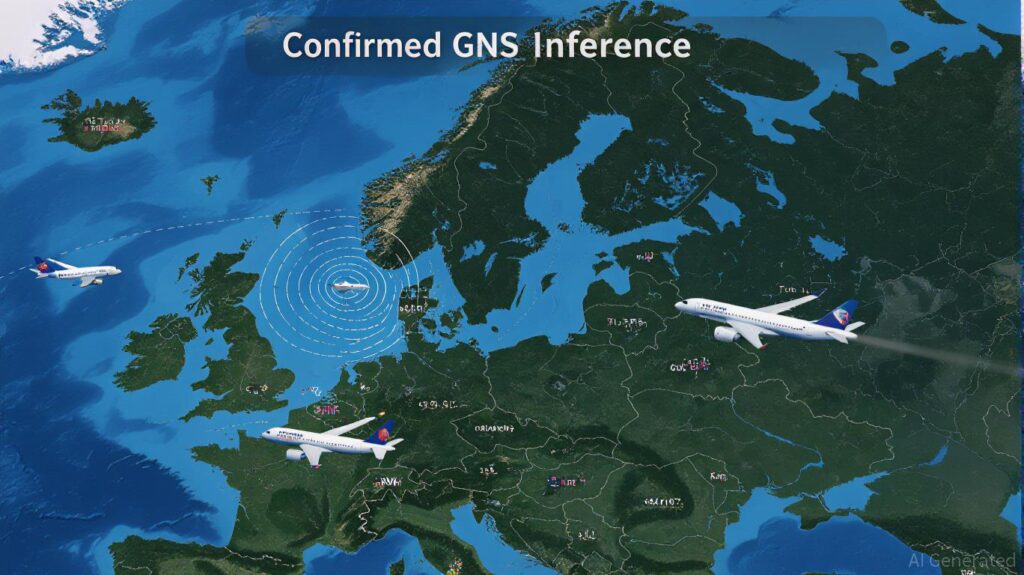Russia’s GPS jamming raises security concerns across Europe as incidents of interference and signal spoofing escalate in the Baltic states, Black Sea region, and eastern Europe, exposing vulnerabilities in civilian and government navigation systems.
High-Profile Incidents Highlight Risks
The severity of the threat became evident when European Commission President Ursula von der Leyen experienced GPS interference while landing in Bulgaria. Russia’s GPS jamming raises security concerns across Europe by demonstrating the real-world risks to aviation, including potential disruptions to civilian flights and emergency response operations.
Evidence of Sophisticated Operations
Independent monitoring shows that jamming signals often originate from Russian military installations near conflict zones. Russia’s GPS jamming raises security concerns across Europe by threatening not only civilian navigation but also military weapon guidance, commercial logistics, and critical infrastructure reliant on satellite timing.
Hybrid Threats and Electronic Warfare
Analysts warn that GPS disruptions represent a growing hybrid threat that blends cyber operations with traditional military tactics. Russia’s GPS jamming raises security concerns across Europe because the reliance on satellite navigation makes aviation, shipping, and emergency services particularly vulnerable to electronic interference.
Exploring Alternative Navigation Technologies
In response, governments and industry are accelerating research into resilient systems. Russia’s GPS jamming raises security concerns across Europe while driving adoption of inertial navigation, optical mapping, and low-Earth orbit satellite constellations to provide diversified and reliable coverage.
Implications for European Security
As the Ukraine conflict continues, Russia’s GPS jamming raises security concerns across Europe by underscoring the urgent need for robust countermeasures. Experts emphasize that reliance on civilian GPS alone is insufficient, and hybrid warfare tactics may exploit these technological dependencies in future conflicts.
For official monitoring data, visit European Space Agency.

